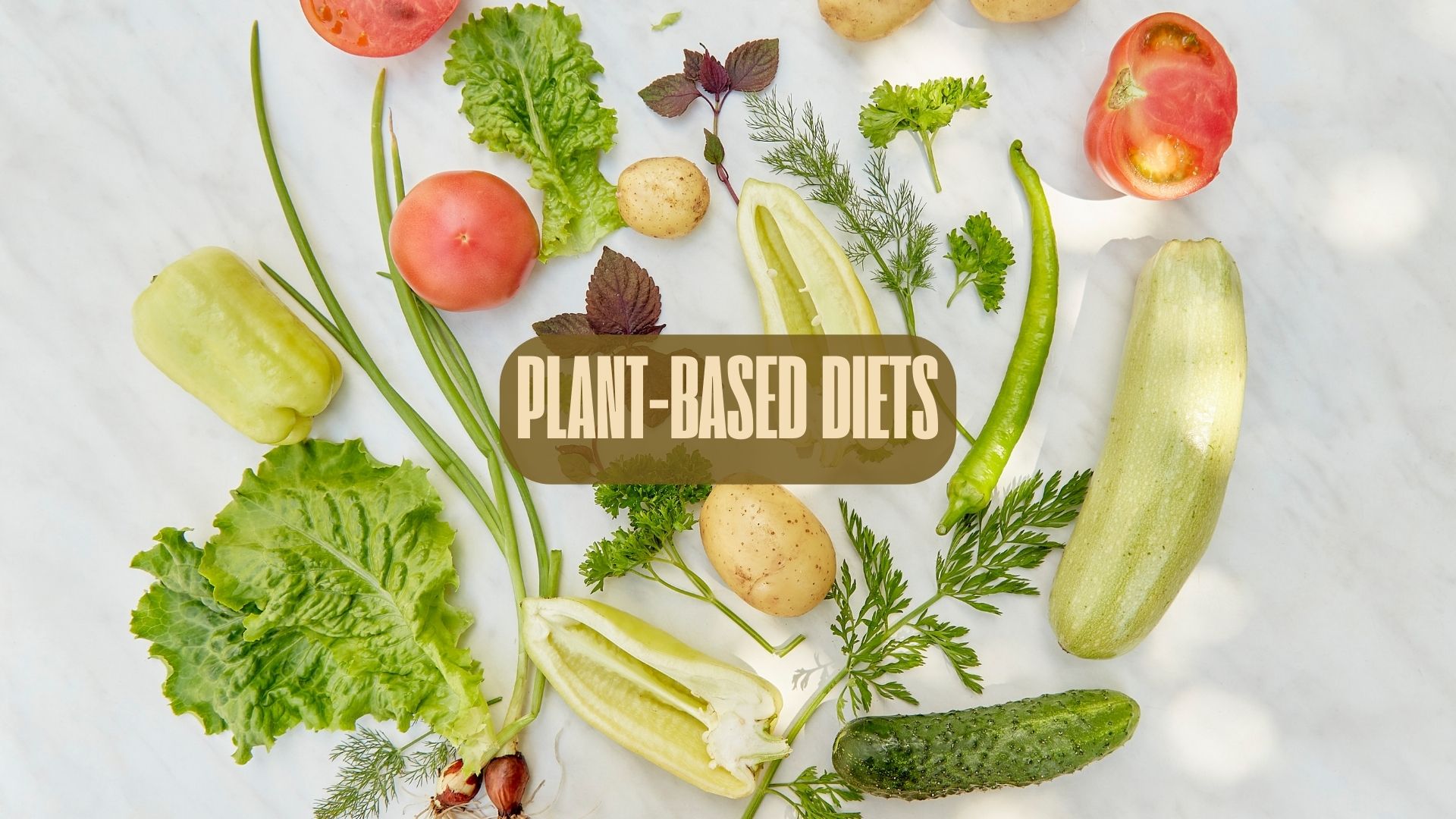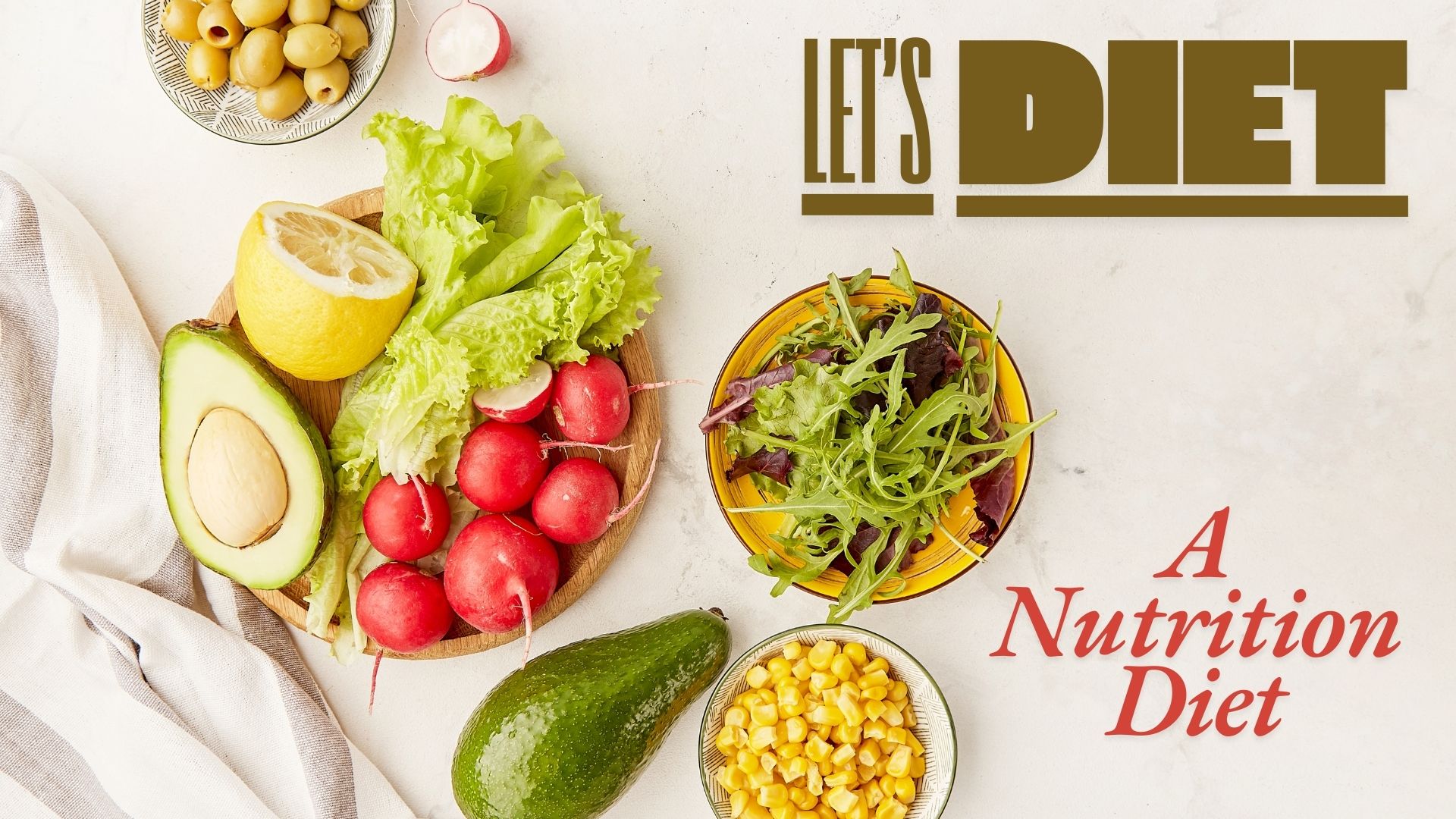OVERVIEW
With an overwhelming amount of conflicting information regarding nutrition, it’s common to feel uncertain about what truly promotes good health. Many popular diets and trends spread misunderstandings about specific food groups and nutrients, causing confusion about the best dietary choices. In this article, we will address some of the most widespread nutrition myths related to carbohydrates, fats, and so-called “superfoods,” offering science-based insights to assist you in making knowledgeable dietary decisions.
Myth 1: Carbohydrates Are Bad for You
A widely held belief in nutrition is that carbohydrates (or “carbs”) are fundamentally harmful and should be eliminated, especially in weight loss diets. Numerous trendy diets, including low-carbohydrate or ketogenic diets, have reinforced this false idea by condemning all forms of carbohydrates.
The Reality
Not all carbohydrates are the same, and they aren’t universally detrimental. Carbohydrates serve as one of the primary energy sources for the body, supporting both physical activity and cognitive functions. Completely eliminating carbohydrates can result in low energy, trouble focusing, and irritability.

- Simple vs. Complex Carbs: It’s crucial to differentiate between refined or simple carbohydrates and complex carbohydrates. Simple carbs, found in sugary snacks and processed foods, can lead to blood sugar spikes and offer minimal nutritional value. In contrast, complex carbs, which are found in whole grains, vegetables, and legumes, are high in fiber and nutrients, helping to sustain steady energy levels throughout the day.
- Weight Management: Studies indicate that diets high in fiber from whole grains, fruits, and vegetables can promote healthy weight management. These foods tend to be more filling and nutrient-dense, aiding in hunger control and maintaining a balanced diet.
Conclusion
Instead of eliminating carbohydrates entirely, prioritize selecting complex carbohydrates and whole grains that deliver lasting energy and vital nutrients. A balanced diet should include nutritious sources of carbohydrates.
Myth 2: Fats Are Bad for You
For decades, dietary fat has been vilified as the primary reason for weight gain, heart disease, and various health problems. Many individuals still hold the belief that consuming fat will cause weight gain or result in cardiovascular issues, leading to the popularity of low-fat diets.
The Reality
Fats are a vital macronutrient that perform key functions in the body, including hormone production and brain functionality. The important factor is recognizing the difference between beneficial fats and harmful fats.
- Healthy Fats: These encompass unsaturated fats, like monounsaturated and polyunsaturated fats, which are found in foods such as avocados, nuts, seeds, olive oil, and fatty fish. Omega-3 fatty acids, a type of polyunsaturated fat, are particularly advantageous for heart and brain wellness.
- Unhealthy Fats: Saturated fats and trans fats are the types you should limit. Saturated fats, found in significant quantities in red meat and full-fat dairy products, can elevate LDL (bad) cholesterol levels. Trans fats, typically found in processed and fried foods, are the most detrimental to heart health and should be avoided whenever possible.
- Weight and Fat: Consuming fat does not automatically lead to weight gain. In fact, healthy fats can enhance satiety, allowing you to feel full for extended periods and decreasing the likelihood of overeating. Healthy fats, when eaten in moderation as part of a well-rounded diet, support overall health and may even aid in weight management.
Conclusion
Not all fats are harmful. Beneficial fats are crucial for your body, and instead of entirely eliminating them, aim to include unsaturated fats in your diet while minimizing your intake of trans and saturated fats.
Myth 3: “Superfoods” Are Crucial for Good Health

The label “superfood” is often applied to foods that are nutrient-rich and thought to provide remarkable health advantages. Foods such as kale, goji berries, chia seeds, and quinoa are frequently promoted as superfoods, causing many to think they are vital for a healthy diet.
The Reality
While many so-called superfoods do contain high levels of nutrients, the belief that they are essential or superior to other foods is mostly a marketing ploy. No single food can supply all the nutrients your body requires or resolve health concerns.
- Nutrient Variety: What truly counts for overall health is a well-rounded diet that incorporates a wide range of nutrient-dense foods, not only superfoods. Common fruits and vegetables like spinach, apples, and carrots can offer equivalent benefits to popular superfoods.
- Cost and Accessibility: Superfoods often carry a high price tag and may not always be within everyone’s reach. The encouraging news is that you don’t need to break the bank on rare or costly foods to maintain good health. Many affordable and widely available options, such as beans, lentils, oats, and locally sourced vegetables, are rich in nutrients and provide considerable health advantages.
Conclusion
There’s no need to depend on costly “superfoods” for maintaining health. A balanced and diverse diet filled with fruits, vegetables, whole grains, and lean proteins is the true path to long-term wellness.
Myth 4: Detox Diets and Cleanses Are Necessary for Eliminating Toxins

Detox diets and cleanses, which assert they can eliminate toxins from the body and promote weight loss, are heavily advertised within the wellness industry. Many believe that consuming detox teas, juice cleanses, or engaging in restrictive detox diets is crucial for maintaining good health.
The Reality
The body is fully capable of detoxifying itself without requiring special diets or cleanses. The liver, kidneys, lungs, and skin all play roles in filtering and eliminating waste and toxins naturally. Restrictive detox diets can sometimes be more harmful than beneficial by depriving the body of essential nutrients.
- Short-term Weight Loss: While detox diets may lead to temporary weight loss, this is often due to a reduction in water weight and muscle mass, not fat. Once the detox phase is over and normal eating resumes, the weight is typically regained.
- Balanced Diet for Detoxification: Instead of relying on extreme detox diets, prioritize maintaining a well-balanced, nutrient-rich diet that assists the body’s natural detoxification processes. Drinking sufficient water, consuming fiber-rich foods, and steering clear of processed and sugary options are straightforward, effective methods to support your body’s health.
Conclusion
Detox diets are not necessary. Your body is well-equipped to manage toxins independently when nourished by a healthy, balanced diet. Avoid the cleanses and concentrate on providing your body with whole foods.
Myth 5: Eating Late at Night Leads to Weight Gain

A prevalent myth suggests that consuming food after a particular time—typically after 8 p.m.—results in weight gain, based on the idea that the body stores calories as fat at night due to reduced activity.
The Reality
Weight gain is mainly determined by the total calories consumed in relation to calories burned, irrespective of the time of day. Eating late at night does not inherently result in weight gain; what’s most critical is the quantity and quality of what you consume throughout the day.
- Late-Night Eating Habits: The actual concern with late-night eating is that it often correlates with overeating or opting for less nutritious, calorie-heavy foods such as snacks, sweets, or fast food. Late-night snacking can lead to excessive calorie intake, which may contribute to weight gain over time.
- Metabolism Misconceptions: Your metabolism doesn’t fully halt during the night. Although it may decrease a bit while you sleep, your body continues to utilize calories for vital processes like respiration and regulating body temperature.
In Summary
Consuming food late in the evening doesn’t automatically lead to weight gain as long as you stick to a nutritious, well-rounded diet. Concentrate on your total dietary choices and portion control throughout the day instead of just the hours you eat.
Final Thoughts
Disproving prevalent nutrition misconceptions is crucial for making educated decisions regarding your health. Carbs and fats are not the adversaries, superfoods aren’t extraordinary, and detox diets aren’t required. By grasping the realities behind these myths, you can aim for creating a well-balanced, sustainable eating pattern that encourages long-term health and wellness.

























